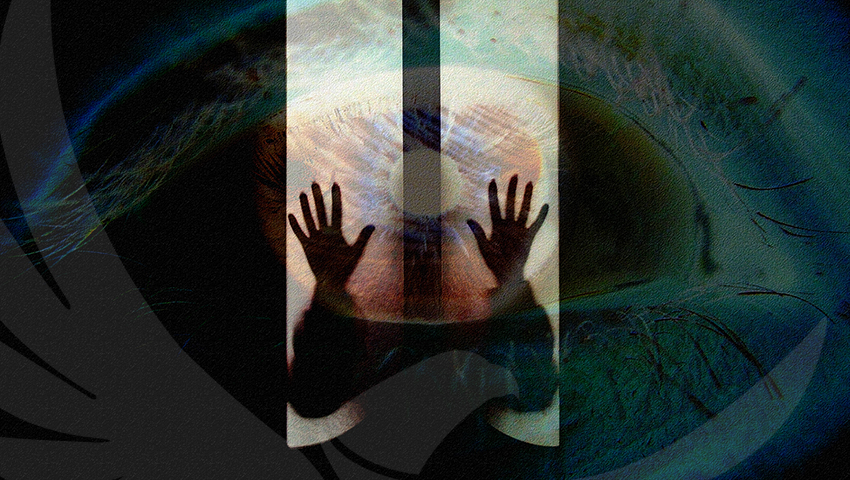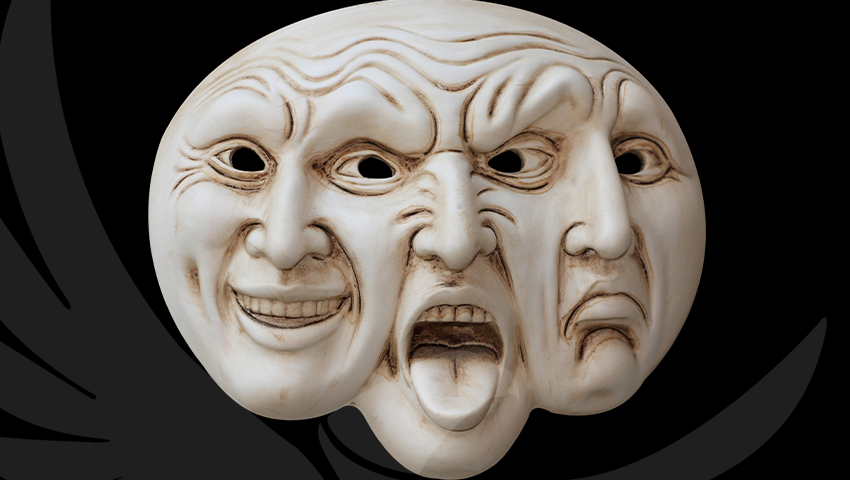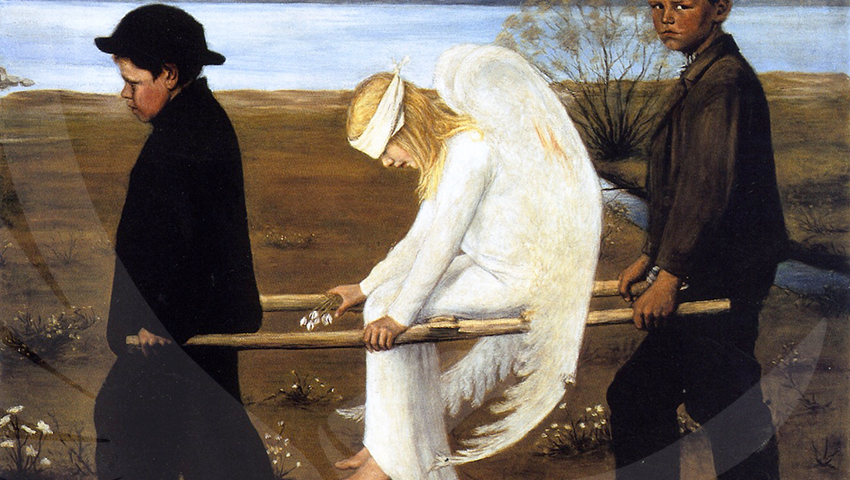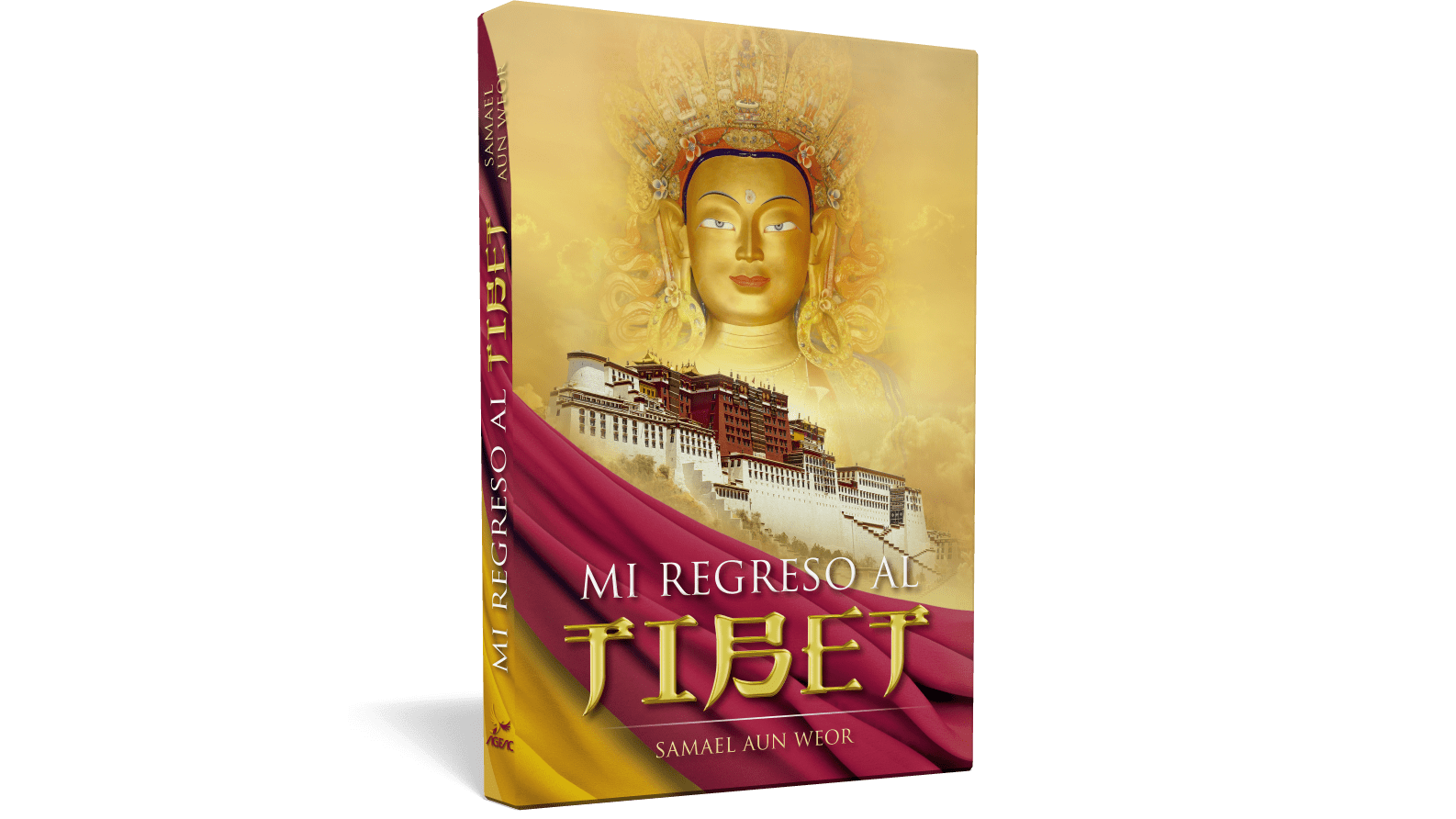من الواضح جدًا، وليس من الصعب أن نفهم، أنه عندما يبدأ شخص ما في مراقبة نفسه بجدية من وجهة نظر أنه ليس واحدًا بل كثيرًا، فإنه يبدأ حقًا في العمل على كل ما يحمله بداخله. تعتبر العيوب النفسية التالية عقبة، وعائق، وحجر عثرة أمام عمل المراقبة الذاتية الحميمة: هوس الأسطورة (وَهم العظمة، والاعتقاد بأن المرء هو إله)، الغرير (الإيمان بذاتية دائمة؛ التتيم على أي نوع من الأنا البديلة). بارانويا (جنون العظمة، الاكتفاء الذاتي، الغرور، الاعتقاد بأنه معصوم من الخطأ، الكبرياء المتصوف، الشخص الذي لا يعرف كيف يرى وجهة نظر الآخرين).
عندما نستمر في الاقتناع السخيف بأننا واحد، وأن لدينا أنا دائم، فإن العمل الجاد على نفسنا يكون أكثر من المستحيل.
من يعتقد أنه أنا واحد، لن يتمكن أبدًا من فصل نفسه عن عناصره الغير مرغوب فيها. سوف يعتبر كل فكرة، شعور، رغبة، عاطفة، شغف، انفعال، وما إلى ذلك، وظائف مختلفة وغير قابلة للتغيير بطبيعته، وسوف يبرر نفسه للآخرين بالقول إن هذا أو ذاك العيب الشخصي وراثي…
كل من يقبل عقيدة الكثيرين يفهم بناءً على المراقبة أن كل رغبة، وفكر، وعمل، وشغف، وما إلى ذلك، يتوافق مع هذا أو ذاك الأنا المختلف والمتفاوت…
أي رياضي بالمراقبة الذاتية الحميمة يعمل بجدية كبيرة داخل نفسه ويسعى جاهداً لفصل العناصر غير المرغوبة التي يحملها داخل نفسيته …
إذا بدأ المرء حقًا وبصدق شديد في مراقبة نفسه داخليًا، ينتهي به الأمر إلى الانقسام إلى قسمين: الرقيب والمُراقَب.
إذا لم يحدث مثل هذا الانقسام، فمن الواضح أننا لن نخطو خطوة إلى الأمام على الطريق الرائع لمعرفة الذات.
كيف يمكننا أن نرى أنفسنا إذا ارتكبنا خطأ عدم الرغبة في تقسيم أنفسنا بين الرقيب والمُراقَب؟
إذا لم يحدث مثل هذا الانقسام، فمن الواضح أننا لن نخطو خطوة إلى الأمام على طريق معرفة الذات.
مما لا شك فيه، عندما لا يحدث هذا الانقسام، فإننا نستمر في التماهي مع جميع عمليات الأنا المتعدد …
كل من يتماهى مع مختلف عمليات الأنا التعددي، يكون دائمًا ضحية الظروف.
كيف يمكن لمن لا يعرف نفسه أن يغير الظروف؟ كيف يمكن لمن لا يراقب نفسه أن يعرف نفسه؟ بأية طريقة يمكن لشخص أن يراقب نفسه إذا لم يكن مقسمًا سابقًا إلى رقيب ومراقَب؟
الآن، لا أحد يستطيع أن يبدأ في التغيير جذريًا طالما أنه غير قادر على القول: “هذه الرغبة هي الأنا الحيواني، يجب عليّ القضاء عليه”؛ “هذا الفكر الأناني هو أنا آخر، يعذبني ويجب أن أفككه”؛ “هذا الشعور الذي يؤلم قلبي هو الأنا الدخيل أحتاج إلى تحويله إلى غبار كوني”، إلخ.
بطبيعة الحال، هذا مستحيل بالنسبة لشخص لم ينقسم قط بين الراصِد والمرصود.
كل من يأخذ كل عملياته النفسية على أنها وظائف ذاتية فريدة وفردية ودائمة، يجد نفسه مرتبطًا بكل أخطائه، وقد جعلها متحدةً جدًا مع نفسه، لدرجة أنه فقد القدرة على فصلها عن نفسيته لهذا السبب.
من الواضح أن أشخاصًا مثل هؤلاء لا يمكنهم تغييرًا جذريًا أبدًا، فهم أناس محكوم عليهم بالفشل الأكثر صارما.
علم النفس الثوري، الفصل الثالث عشر، «الرقيب والمراقَب «.
صمائيل آوُن ويور









